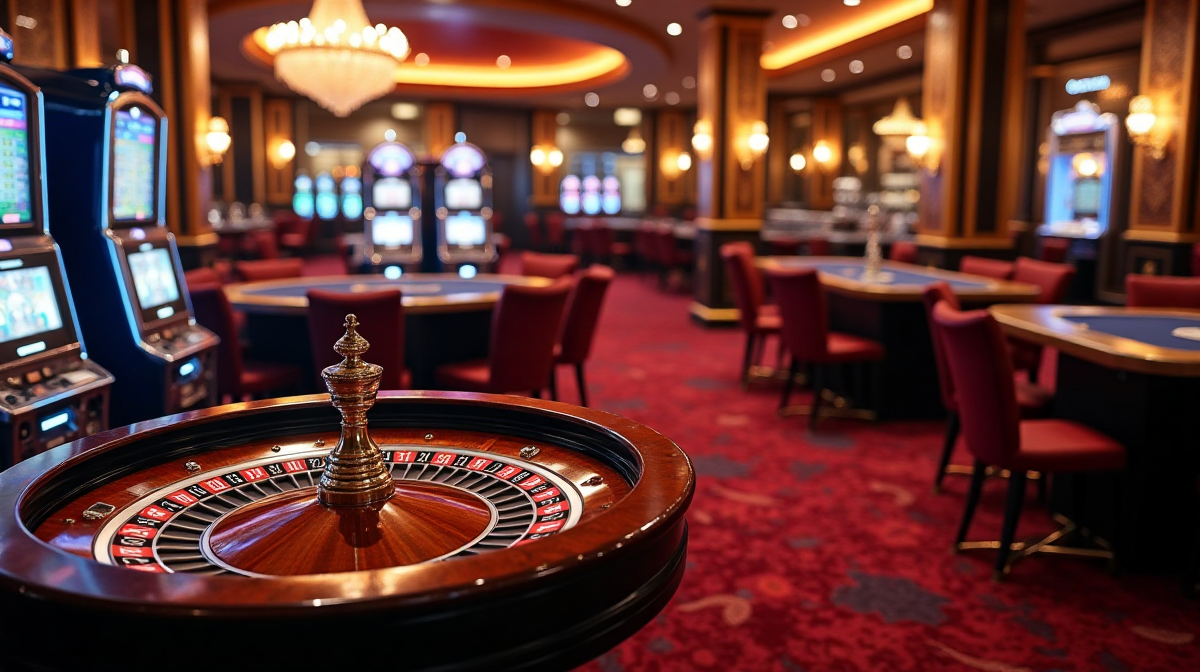Chess Online: 5 Ways to Improve Your Game Now
The Rise of Online Chess & The Need for Growth
Online chess has exploded in popularity, offering accessibility and a vibrant community for players of all levels. Whether you're a complete beginner or an intermediate player looking to refine your skills, consistent improvement is key to enjoying the game and climbing the ranks. Many now enjoy a little downtime with a visit to vivaro casino before or after a challenging match. This article will guide you through five crucial areas to focus on, helping you elevate your chess game, and perhaps even take a break to try your luck with vivaro casino slots afterward! We’ll be focusing on techniques applicable to players ranging from novice to those with some experience.
Mastering Tactical Foundations
Understanding Tactical Motifs
Tactical motifs are the building blocks of winning combinations in chess. They include concepts like forks (attacking two pieces simultaneously), pins (restricting a piece's movement), skewers (similar to pins, but attacking a more valuable piece first), and discovered attacks (revealing an attack by moving a piece). Recognizing these patterns is fundamental to capitalizing on opponent errors. A quick game at vivaro casino can sharpen your pattern recognition skills, surprisingly enough!
Resources for Tactical Training
Fortunately, numerous online resources can help you hone your tactical prowess. Chess.com’s Tactics Trainer and Lichess Tactics offer a vast library of puzzles, categorized by difficulty and theme. Regular practice is essential.
The Power of Pattern Recognition
The ability to quickly identify tactical opportunities is what separates good players from great ones. The more you practice, the more these motifs will become ingrained in your subconscious, allowing you to spot them during actual games.
Avoiding Common Tactical Oversights
A common mistake is overlooking simple threats. Always double-check your opponent's possible moves before making your own, and be mindful of pieces that are undefended.
Endgame Essentials: King & Pawn Endgames
Why Endgames Matter
Endgames are often where games are won or lost. Even a small advantage can be converted into a victory with precise endgame technique. This is where strategic patience and calculated moves truly shine. A bit of luck at vivaro casino might not require such precision, but chess certainly does!
Key Endgame Concepts
Several key concepts are essential for mastering king and pawn endgames. These include opposition (controlling key squares with your king), triangulation (adjusting your king's position to gain an advantage), and understanding key squares (squares that determine the outcome of the endgame).
Practical Endgame Scenarios
Practice scenarios involving a king and pawn against a king are invaluable. Knowing common winning and drawing positions will give you a significant edge in these crucial situations.
Recommended Resources
Jeremy Silman’s Endgame Course is a highly regarded resource that offers a comprehensive guide to endgame principles and techniques.
Opening Principles Over Memorization
The Pitfalls of Rote Learning
While memorizing opening lines can be helpful to a certain extent, relying solely on rote memorization is a dangerous strategy. Chess is a dynamic game, and your opponent is unlikely to follow your pre-prepared lines exactly.
Core Principles for Successful Openings
Focus on understanding fundamental opening principles: control the center of the board, develop your pieces actively (bring them out to participate in the game), and ensure the safety of your king.
Beginner-Friendly Opening Choices
The Italian Game and the Scotch Game are popular choices for beginners. They emphasize rapid development and control of the center.
Analyzing Your Openings
After the opening, analyze your position objectively. Identify any weaknesses and formulate a plan to address them.

Game Analysis: Learning from Every Move
The Importance of Post-Game Review
Analyzing your games, even losses, is one of the most effective ways to improve. It allows you to identify your mistakes and understand why you made them. Sometimes a break to try vivaro casino can help clear your head before a deep analysis.
Utilizing Engine Analysis
Chess engines like those found on Lichess and Chess.com can provide valuable insights into your games. Pay attention to the engine’s evaluations and try to understand the reasoning behind its suggestions.
Identifying Critical Moments
Focus on critical moments in the game—the points where the evaluation shifted significantly. What did you do right or wrong at those moments?
Avoiding Analytical Traps
Avoid over-reliance on the engine. It's a tool, not a substitute for your own thinking. Also, don't ignore positional factors; the engine may not always appreciate the nuances of a position.

Consistent Practice and Strategic Time Management
The Value of Regular Play
Regular practice, even in short sessions, is crucial for maintaining and improving your chess skills. Consistency is key. Perhaps a quick session at vivaro casino slots can be a motivating reward after dedicated practice.
Different Time Controls & Their Benefits
Experiment with different time controls—blitz (very fast), rapid, and classical—to develop different skills. Blitz improves your intuition, while classical allows for deeper calculation.
Effective Time Management
Managing your time effectively is essential, especially in longer time controls. Avoid spending too much time on insignificant decisions.
Setting Goals and Tracking Progress
Set realistic goals for your chess improvement and track your progress. This will help you stay motivated and focused. Platforms like Chess.com, Lichess, and Chess24 provide tools for tracking your rating and analyzing your games. Furthermore, don't forget to explore a chess database to learn from master games.
In Conclusion
Mastering basic tactical motifs, understanding endgame fundamentals, focusing on opening principles, analyzing your games, and practicing consistently are five proven strategies for improving your chess game. Remember that progress takes time and patience. Don't be discouraged by setbacks—view them as opportunities to learn and grow. Embrace the challenge, continue exploring the vast world of chess, and enjoy the journey.

